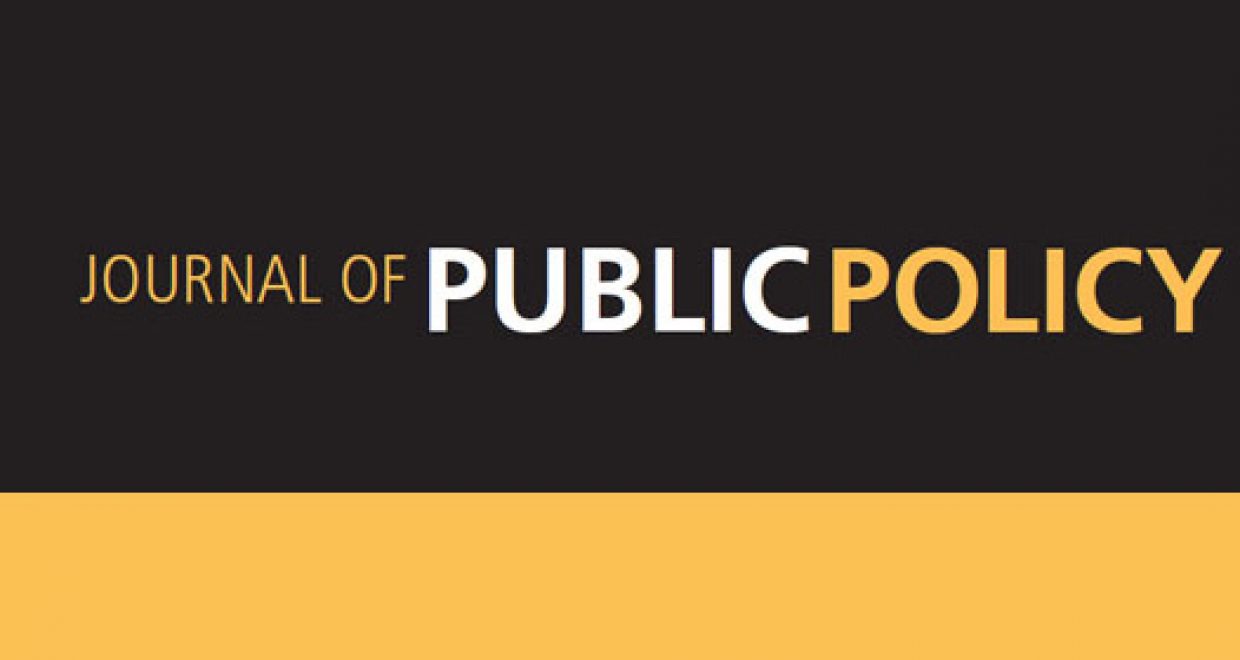Government pledge fulfillment on immigration (“How Party Platforms on Immigration Become Policy”)
Do governing parties follow through on their campaign promises? Representative democracy requires that there are policy linkages between citizens and policies ultimately enacted by their governments. One of the important connections in this process is that governing parties carry through the promises that they campaign for in elections, namely, they should fulfill their pledges. Our study in the Journal of Public Policy focuses on whether pledge-fulfillment occurs for immigration.
Specifically, we evaluate whether governing parties that devoted more space to immigration issues in their election manifestos subsequently pass more immigration-related legislation. We also consider the conditions under which this relationship is amplified or weakened. In particular, we report that governments in countries with strong economies are more able to fulfill campaign promises on immigration than governments in countries in recession. Also, pledge fulfillment on immigration policy is stronger in countries where migration law is relatively strict. Countries with lower levels of political rights, i.e., with more restrictions, will have more ideological “space” to disagree on political rights and related issues, and so it is potentially more salient in these contexts.
Immigration is an important issue that has received a lot of attention. Pertinent to our work, the Conservatives’ promise to reduce net migration to below 100,000. Indeed, migration is one of the most salient current policy issues, with the movement of people across borders having risen significantly over the last few decades. According to the United Nations International Migration Report 2019, the total population of international migrants, i.e., people residing in a country other than their country of birth, has more than doubled since 2000 to about 272 million. Given the importance of immigration, it may be viewed positively (for the democracies in the sample) that parties actually carry through their election promises in this area. Another implication is that conditions matter — for example, how well the economy functions – for whether pledge fulfillment occurs. Indeed, the example raised above of the Conservatives’ commitment to reducing net migration below 100,000 may seem at odds with our findings because it ultimately went unfulfilled (though Conservatives would argue that border controls were increased). However, the reason for this unkept promise has been closely linked to bolstering a UK economy that required strengthening.
– Tobias Böhmelt, University of Essex
– Lawrence Ezrow, University of Essex
The authors’ Journal of Public Policy article is free access until the end of June 2021.






